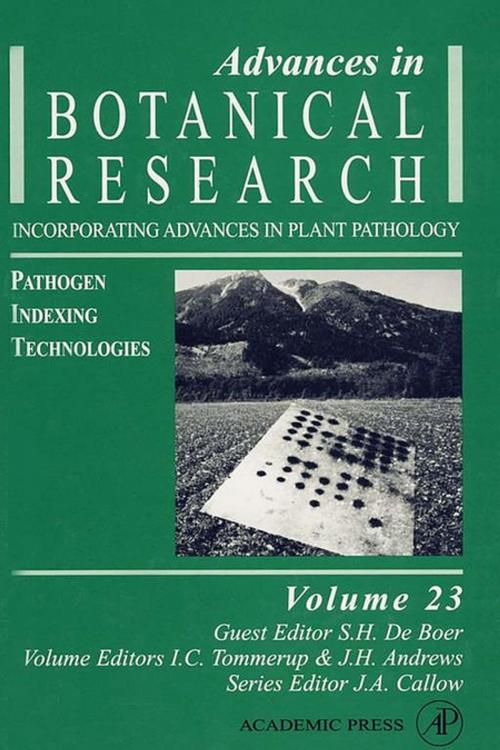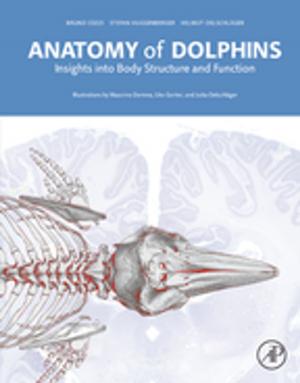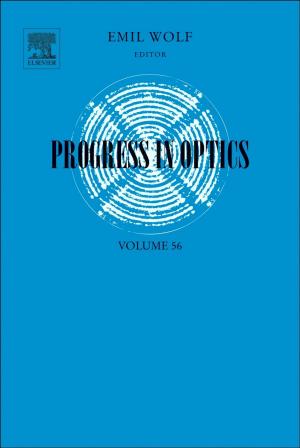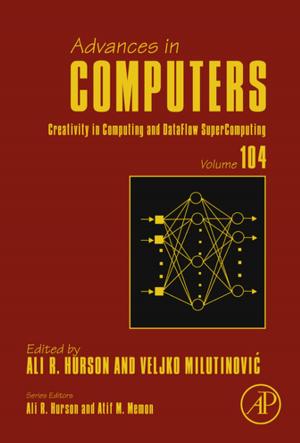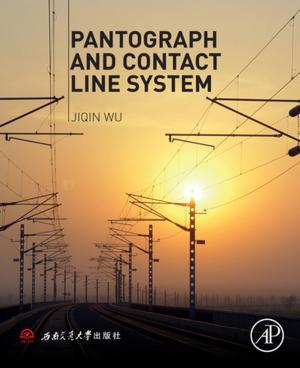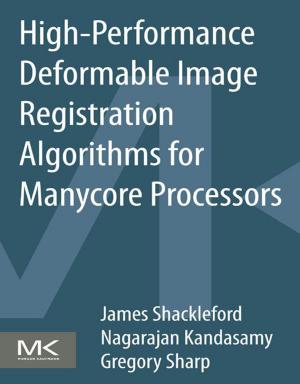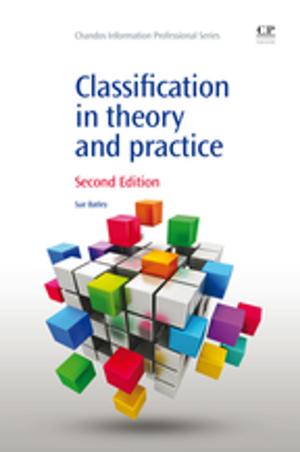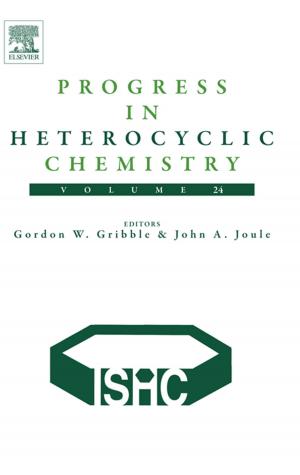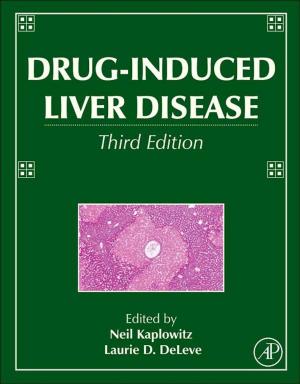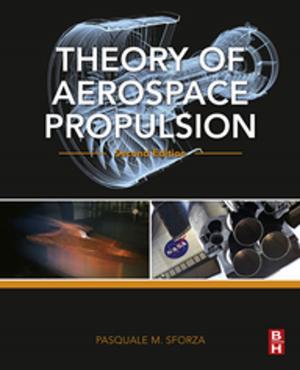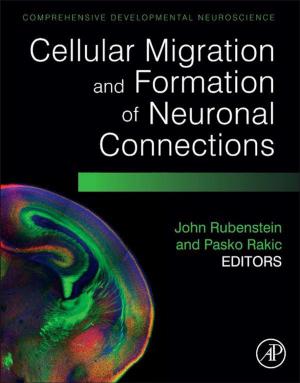| Author: | J. A. Callow, S. H. De Boer, John H. Andrews, Inez C. Tommerup | ISBN: | 9780080561776 |
| Publisher: | Elsevier Science | Publication: | June 21, 1996 |
| Imprint: | Academic Press | Language: | English |
| Author: | J. A. Callow, S. H. De Boer, John H. Andrews, Inez C. Tommerup |
| ISBN: | 9780080561776 |
| Publisher: | Elsevier Science |
| Publication: | June 21, 1996 |
| Imprint: | Academic Press |
| Language: | English |
Significant advancements have been made in pathogen detection technologies during the last decade. Indexing of plants and plant parts for the presence of specific pathogens has been most effective in some instances for avoiding and/or controlling disease. The new technologies for detecting low levels of pathogens will increase the value of indexing as a tool for plant disease control. Providing an overview of the status of detection technology, this volume is directed not only to scientists and students interested in detection technology, but also to those interested in formulating and implementing disease control and quarantine regulations. This book provides a conceptual framework which presents the current scientific literature, state-of-the-art assessments, and speculations on future developments and requirements of pathogen indexing methods. Chapters cover the different pathogen groups, review current practices in areas where detection technology has become important, and provide perspectives on how indexing technologies can be applied, how well it has worked, and which problems remain. Statistical treatment of detection limits, sampling strategies, risk assessment, cost, standardization, and quality control are also covered.
Significant advancements have been made in pathogen detection technologies during the last decade. Indexing of plants and plant parts for the presence of specific pathogens has been most effective in some instances for avoiding and/or controlling disease. The new technologies for detecting low levels of pathogens will increase the value of indexing as a tool for plant disease control. Providing an overview of the status of detection technology, this volume is directed not only to scientists and students interested in detection technology, but also to those interested in formulating and implementing disease control and quarantine regulations. This book provides a conceptual framework which presents the current scientific literature, state-of-the-art assessments, and speculations on future developments and requirements of pathogen indexing methods. Chapters cover the different pathogen groups, review current practices in areas where detection technology has become important, and provide perspectives on how indexing technologies can be applied, how well it has worked, and which problems remain. Statistical treatment of detection limits, sampling strategies, risk assessment, cost, standardization, and quality control are also covered.
